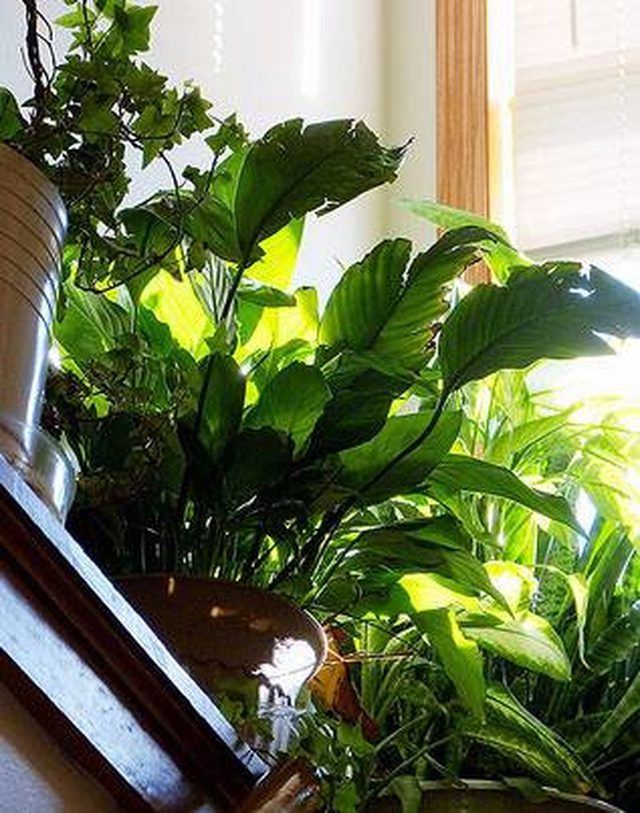Bulbs
Flower Basics
Flower Beds & Specialty Gardens
Flower Garden
Garden Furniture
Garden Gnomes
Garden Seeds
Garden Sheds
Garden Statues
Garden Tools & Supplies
Gardening Basics
Green & Organic
Groundcovers & Vines
Growing Annuals
Growing Basil
Growing Beans
Growing Berries
Growing Blueberries
Growing Cactus
Growing Corn
Growing Cotton
Growing Edibles
Growing Flowers
Growing Garlic
Growing Grapes
Growing Grass
Growing Herbs
Growing Jasmine
Growing Mint
Growing Mushrooms
Orchids
Growing Peanuts
Growing Perennials
Growing Plants
Growing Rosemary
Growing Roses
Growing Strawberries
Growing Sunflowers
Growing Thyme
Growing Tomatoes
Growing Tulips
Growing Vegetables
Herb Basics
Herb Garden
Indoor Growing
Landscaping Basics
Landscaping Patios
Landscaping Plants
Landscaping Shrubs
Landscaping Trees
Landscaping Walks & Pathways
Lawn Basics
Lawn Maintenance
Lawn Mowers
Lawn Ornaments
Lawn Planting
Lawn Tools
Outdoor Growing
Overall Landscape Planning
Pests, Weeds & Problems
Plant Basics
Rock Garden
Rose Garden
Shrubs
Soil
Specialty Gardens
Trees
Vegetable Garden
Yard Maintenance
What Effect Does Distilled Water Have on Plants?
What Effect Does Distilled Water Have on Plants?. The difference between distilled water and other types of drinking water is that distillation removes all the minerals of hard water, as well as chemicals found in tap water like fluoride and chlorine. Distilled water is a type of soft water, but does not have the trace amounts of sodium that occur...

The difference between distilled water and other types of drinking water is that distillation removes all the minerals of hard water, as well as chemicals found in tap water like fluoride and chlorine. Distilled water is a type of soft water, but does not have the trace amounts of sodium that occur in water treated with a mechanical softener. Deciding which type of water to use on plants is a bigger issue with indoor plants than with outdoor ones.
Function
The easiest way to discover the effect distilled water has on plants is to read the results of a science experiment. A student publishing at The National Student Research Center conducted an experiment in which seeds were watered with distilled water, tap water and salt water. The seeds that received distilled water grew the best, while those watered with tap water had fewer leaves and did not grow to as great a height. The seeds receiving salt water did not sprout. (The study can be read via the link in the Resources section.)
Significance
Tap water is fine for watering most plants, but it may contain trace amounts of chlorine and is likely fluoridated--and both of these chemicals can be hard on some types of plants. The effect is more severe on houseplants, because the chemicals build up in the small amount of soil and are not flushed away by rain.
Considerations
Plants need minerals to grow, but tap water can contain minerals in too high of a concentration. High concentrations of minerals in soil can cause discolored leaves and stunted growth. Watering with distilled water, which has the recommended amount of indoor plant fertilizer added, provides an appropriate level of minerals.
Geography
Rainwater or melted snow usually work well for plant watering, because they are forms of naturally occurring soft water. The exception is in industrial areas, where these types of water may be acidic.
Warning
Water treated by a softener should not be used for watering plants. Softeners use sodium and potassium to remove minerals from hard water, and the trace levels occurring in the treated tap water can be damaging to plants, even in tiny amounts.
Prevention/Solution
You can make at home a substance that is close to distilled water simply by setting a clean bucket of tap water outside for a day or two, which allows the chlorine and other minerals to dissipate. If you already have a distiller, you can distill tap water with it, but you probably will not want to spend money on this machine just for plant watering. Otherwise, a gallon of distilled water costs around $1 at the supermarket.